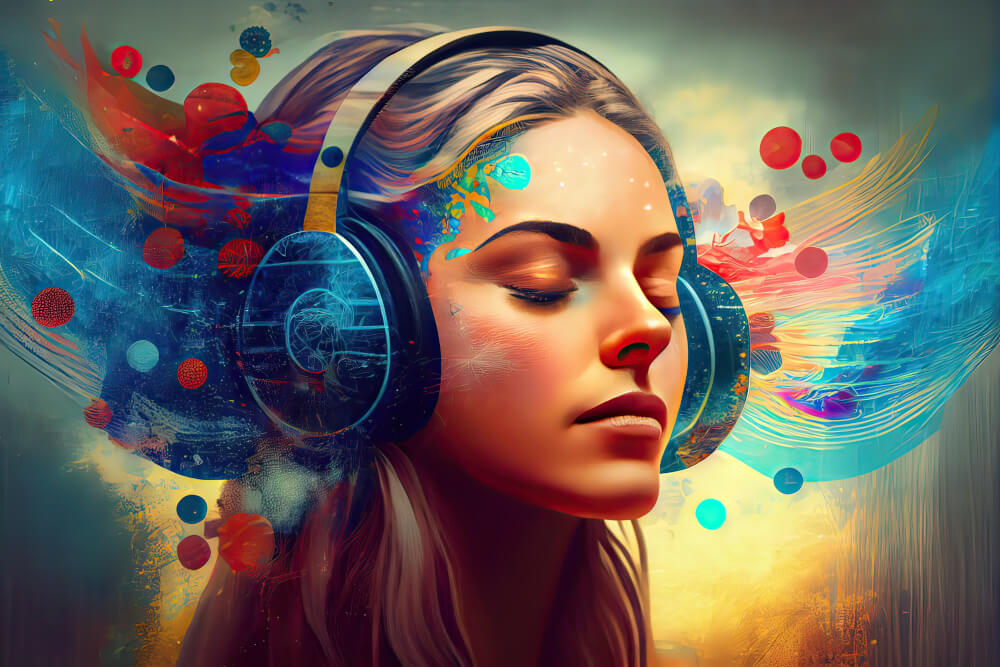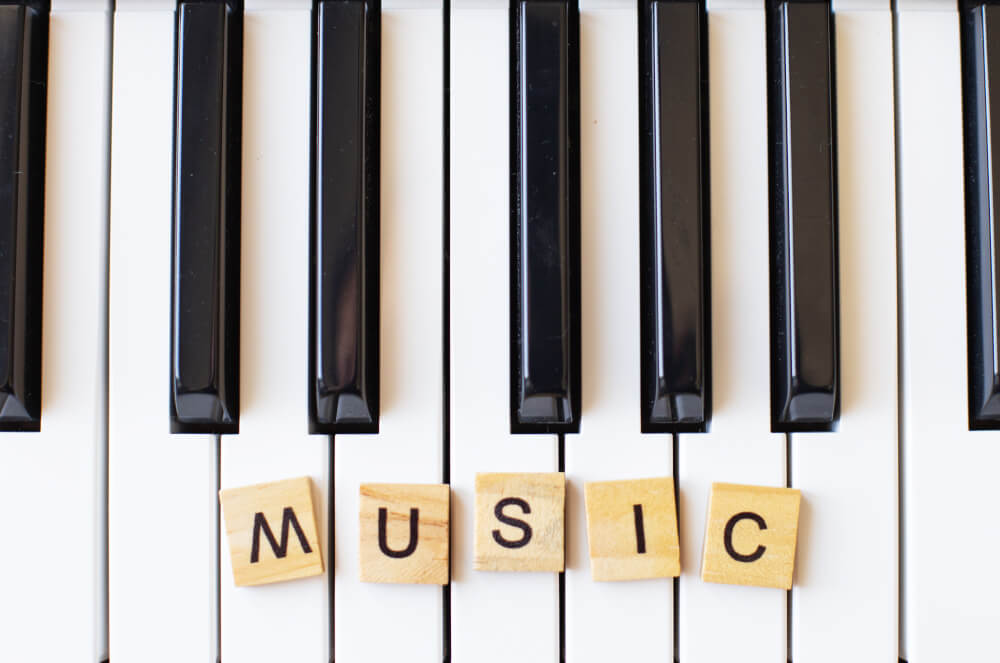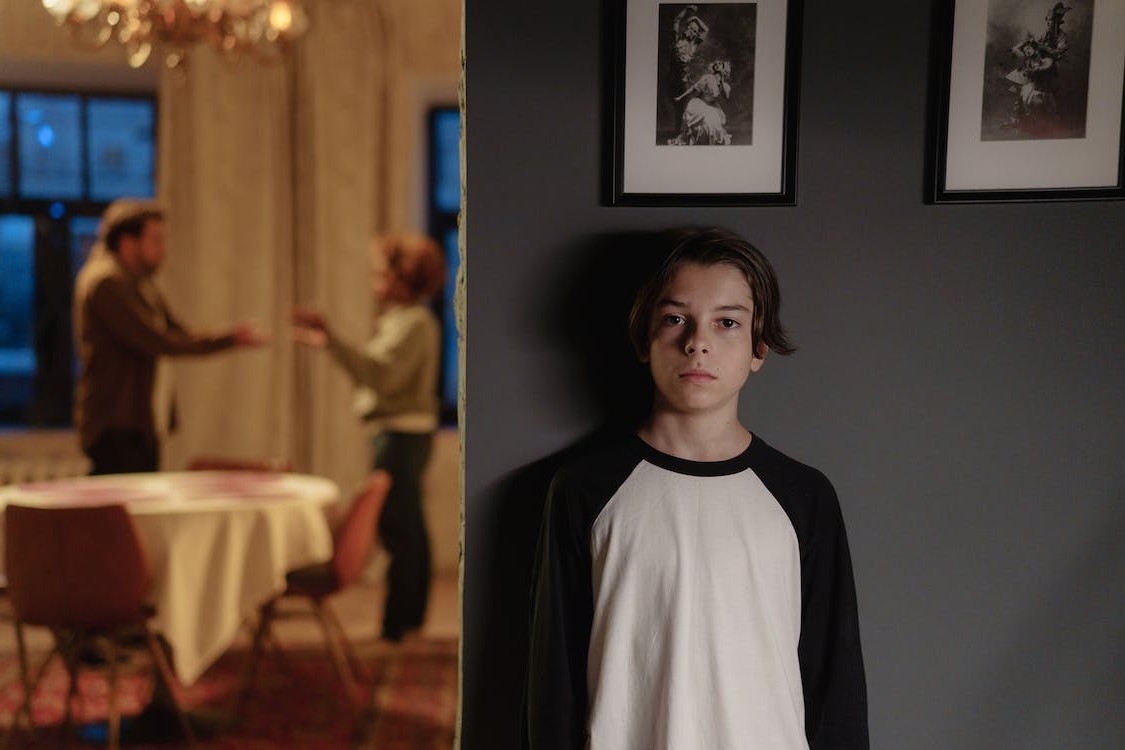When you think of the ways to heal, does the rhythm of music ever cross your mind? In the realm of addiction treatment and recovery, music therapy has begun to play a strikingly therapeutic role, tapping into the very core of emotions and serving as a bridge to healing.
Now, you might ask, how does music become therapeutic? How can tunes, rhythms, and melodies genuinely help someone walk out of the web of addiction? Well, it all starts with connection. Just as a famous author, Aldous Huxley, once said, “After silence, that which comes nearest to expressing the inexpressible is music.” Music is a universal language, and it speaks to our emotions, memories, and experiences.
Throughout South Africa, the diverse array of musical traditions and genres can be integrated into addiction recovery programs. Whether it’s the vibrant rhythms of kwaito, the soulful melodies of Afro-soul, or the powerful beats of traditional African music, there’s a therapeutic essence in every note and beat. These genres resonate deeply with our culture, making the therapy even more effective.
By participating in music therapy, you get an avenue to express feelings that might be too hard to put into words. This form of therapy can enable you to identify, express, and address a spectrum of emotions – from sorrow and guilt to hope and joy. As Victor Hugo puts it, “Music expresses that which cannot be said and on which it is impossible to be silent.” So, when words fail, or when they seem too heavy to voice, music steps in, letting you pour out your heart, opening doors to healing and understanding.
You don’t have to be a musician or even musically inclined to benefit. It’s not about your ability to sing or play an instrument but about connecting, processing, and healing. Participating in music therapy can be as simple as listening, singing along, clapping to the beat, or even just breathing in tune with a melody. The focus is your emotional and psychological well-being.
Music therapy in South Africa is gaining traction, and it’s about time. Our rich musical heritage provides a fertile ground for such therapies to flourish. By combining our cultural assets with modern therapeutic practices, we can offer something unique and deeply effective to those looking to overcome addiction.
Peering into the future, the role of music therapy in addiction treatment and recovery could very well redefine the way we approach healing. As you embark on this journey, it’s essential to be aware of the vast potential and the transformative power this therapeutic method holds.
One of the most significant potential impacts is the personalization of therapy. With advancing technology, music therapy could be tailored to resonate with your specific emotions, memories, and experiences. Imagine a world where therapy playlists or sessions are curated to your emotional needs, leveraging AI and machine learning to discern the types of musical elements that best evoke therapeutic responses in you.
Furthermore, as research on the neurological impacts of music deepens, we might soon have clearer insights into how different rhythms, tones, and melodies directly affect brain functions. This could lead to the development of specific music therapy interventions targeting the neural pathways associated with addiction. For you, this means a therapy that doesn’t just resonate emotionally but also has a tangible, scientific basis for its effectiveness.
The integration of virtual reality (VR) and augmented reality (AR) in music therapy is another horizon to watch. Picture yourself immersing in a virtual concert where you’re not just a spectator but an active participant, feeling every note, rhythm, and melody in a 3D space, amplifying the therapeutic experience. This could allow you to engage in profound emotional journeys, confronting and addressing deep-seated issues tied to addiction.
Moreover, as the world becomes more interconnected, there’s potential for global collaborative music therapy sessions. Such collaborations could introduce you to musical traditions and therapeutic techniques from different cultures, broadening your healing horizons. It’s a chance to learn, grow, and heal with peers from across the globe, united by music’s universal language.
For you, the person on the path to recovery, these future prospects aren’t just exciting; they’re a beacon of hope. They signify a world where addiction treatment and recovery is not just a one-size-fits-all, but a journey tailored to resonate with your soul, driven by the power of music. As you move forward, embrace these possibilities and let the harmonies guide your recovery journey.




